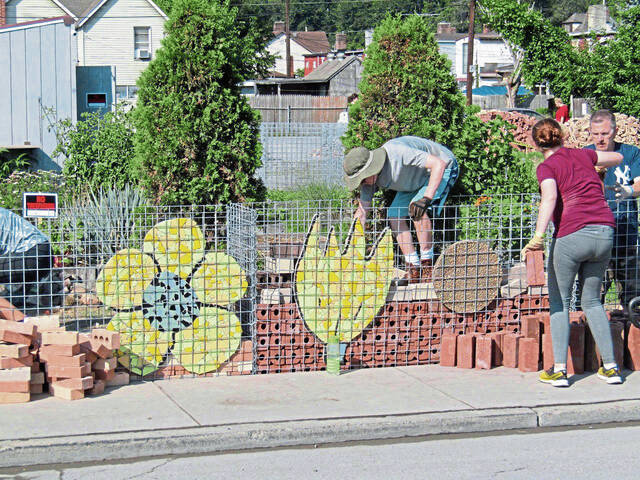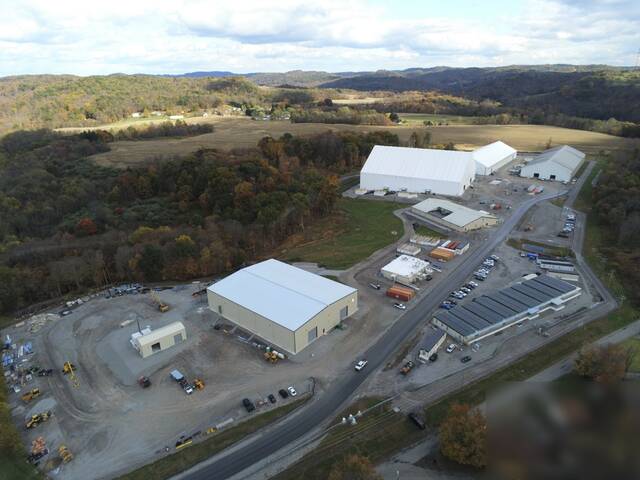Bill Godfrey knows that lettuce, peppers and fruit grown in the Natrona Community Garden are vital to feeding residents of the Harrison neighborhood.
But that doesn’t include the deer.
“There was a total destruction of our garden last year once a herd discovered it and had a gourmet salad buffet,” said Godfrey, president of the advocacy group Natrona Comes Together.
A 6-foot-tall wooden fence will be erected in coming weeks after the garden yielded next to nothing last summer for the first time in 12 years.
Donations from The United Way and Lowe’s will pay for the lumber.
Several volunteers are needed in early spring to help build the fence around the perimeter of the massive 75- by 150-foot plot on the corner of Federal Street.
Ryan Walsh, director of development and communications for the nonprofit Grow Pittsburgh, said it’s smart to safeguard the garden.
The group lent a hand getting the garden off the ground in 2012 and has helped along the way, he said, because the benefits of a community garden extend beyond a reliable food source.
“Food brings people together,” Walsh said. “Green space is good for mental health, time outdoors, connecting with the Earth and overall socialization.”
In addition, produce can stretch a long way to help fight food insecurity, according to the Greater Pittsburgh Community Food Bank.
The group distributes more than 8 million pounds of veggies and fruit to help fight hunger across Allegheny County, where there is an 11.4% food insecurity rate.
“The fact that the Natrona garden is going strong all these years later is awesome,” Walsh said.
A community garden can encourage people to eat more fruits and vegetables and help offset food costs.
An 11-square-foot community garden can produce 20 servings of fresh produce, according to the National Institutes of Health. That translates to about 1,000 times that much for a garden the size of Natrona’s.
“We’ve all seen the prices of food keep going up,” Walsh said. “The only reliable way to control that is to grow your own.”
In 2023, Grow Pittsburgh awarded Godfrey with $1,200 to replace wood in some of the deteriorating beds, add growing boxes and purchase lawn equipment.
In all, there are 34 individual raised beds and a small fruit orchard. Most of the 4- by 10-foot planters are rented for $10 a season. The cost pays for water, organic soil and fertilizer.
Planters not spoken for are tended to by a group of volunteers and the harvest of beans, beets and cabbage is distributed to people in need.
There is also a 150-foot-long muraled brick wall that lines part of the garden for safety and pollution prevention. It is made of 20,000 hand-laid recycled bricks depicting the plants and birds found in the neighborhood.
“Everyone loves the garden,” Godfrey said. “A fence is the logical solution to keep it going.”








